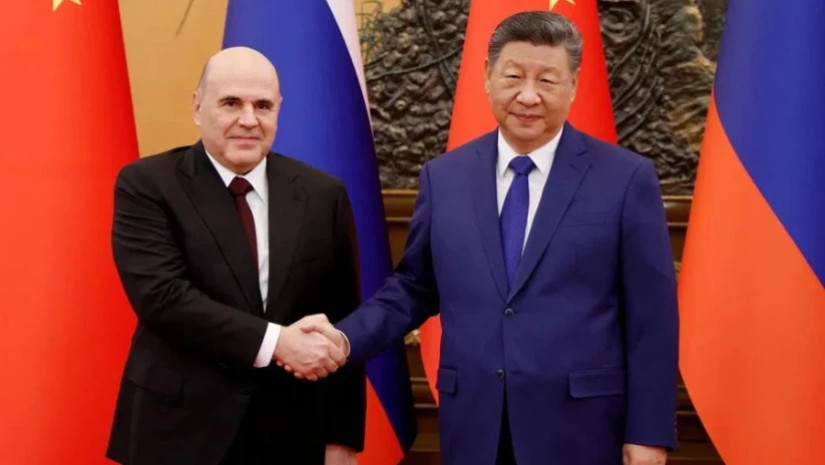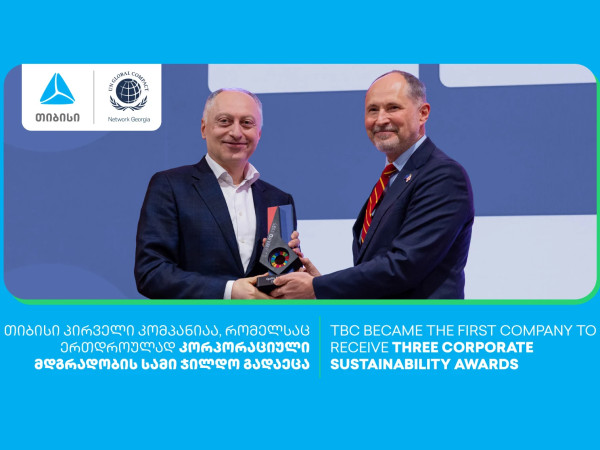Russia and China will modernize border checkpoints and expand the list of transported goods, according to a communique following the 30th regular meeting of the heads of government of the two countries, Mikhail Mishustin and Li Qiang. There are plans to change the structure of trade turnover towards agricultural products and primary processed goods. In Beijing, Mishustin was also received by Chinese leader Xi Jinping. At the meeting, they agreed to create conditions for attracting investments, provide each other with firm mutual support and deepen cooperation in the field of high technologies.
Russian Prime Minister Mikhail Mishustin and Chinese President Xi Jinping held a bilateral meeting in Beijing. The conversation took place in the Great Oriental Hall in the House of National Assemblies, a traditional venue for diplomatic receptions.
The fact that this was not a technical meeting was indicated by the composition of the participants in the negotiations. On the Russian side, there are four deputy prime ministers, ministers of agriculture, economic development, finance and transport, as well as the deputy chairman of the Central Bank. The Chinese side was represented by the Foreign Minister, the Ministers of Commerce and Finance and the Chairman of the State Committee for Development and Reform of the People's Republic of China, as well as relevant representatives of the Ministry of Foreign Affairs.
In a communique published after the talks, the parties indicated that "they will always provide each other with firm mutual support on issues affecting their key interests and serious concerns." In particular, the Russian Federation reaffirmed its commitment to the "one China" principle, and Beijing supported Russian efforts to ensure security and stability.
Economically, Moscow and Beijing have agreed to improve the structure of trade by exploiting the potential of such growth points in bilateral trade as e-commerce, agriculture, and primary processed products. To do this, work will continue on the creation of a "smart customs". The parties agreed to take measures to improve the infrastructure of the checkpoints, optimize the operating mode and increase efficiency.


















